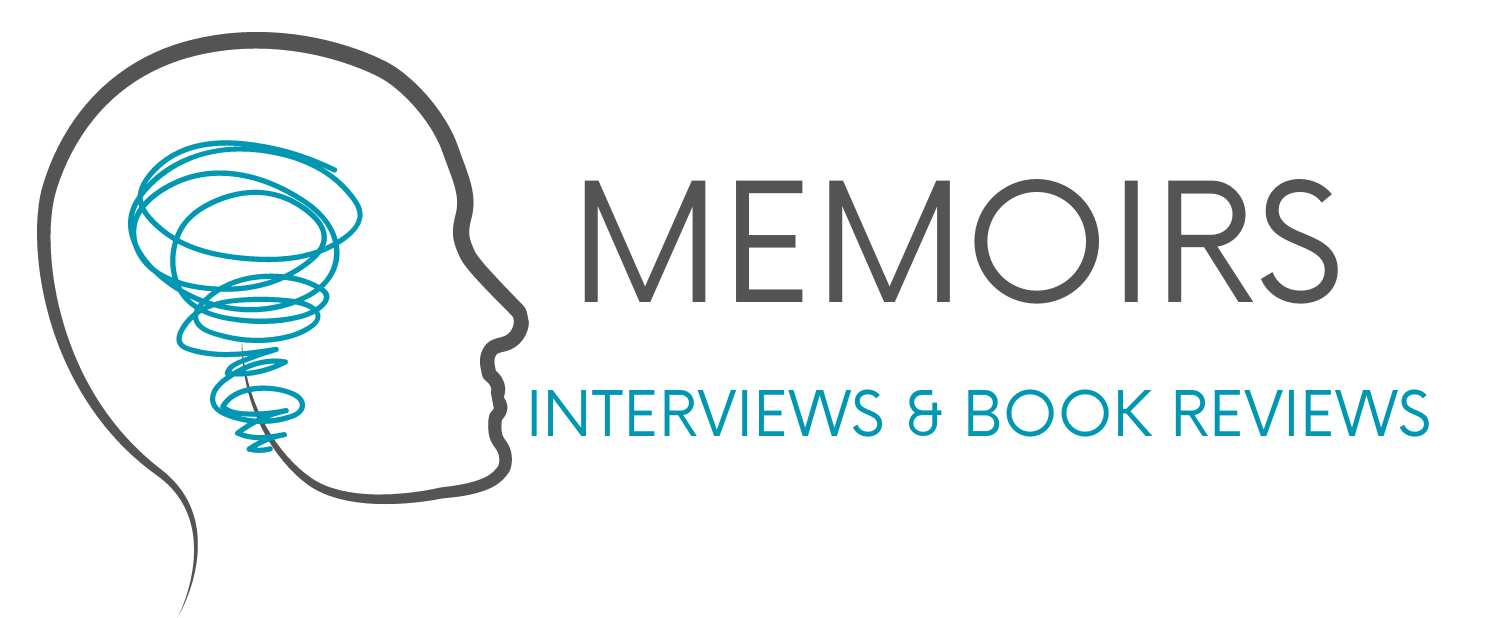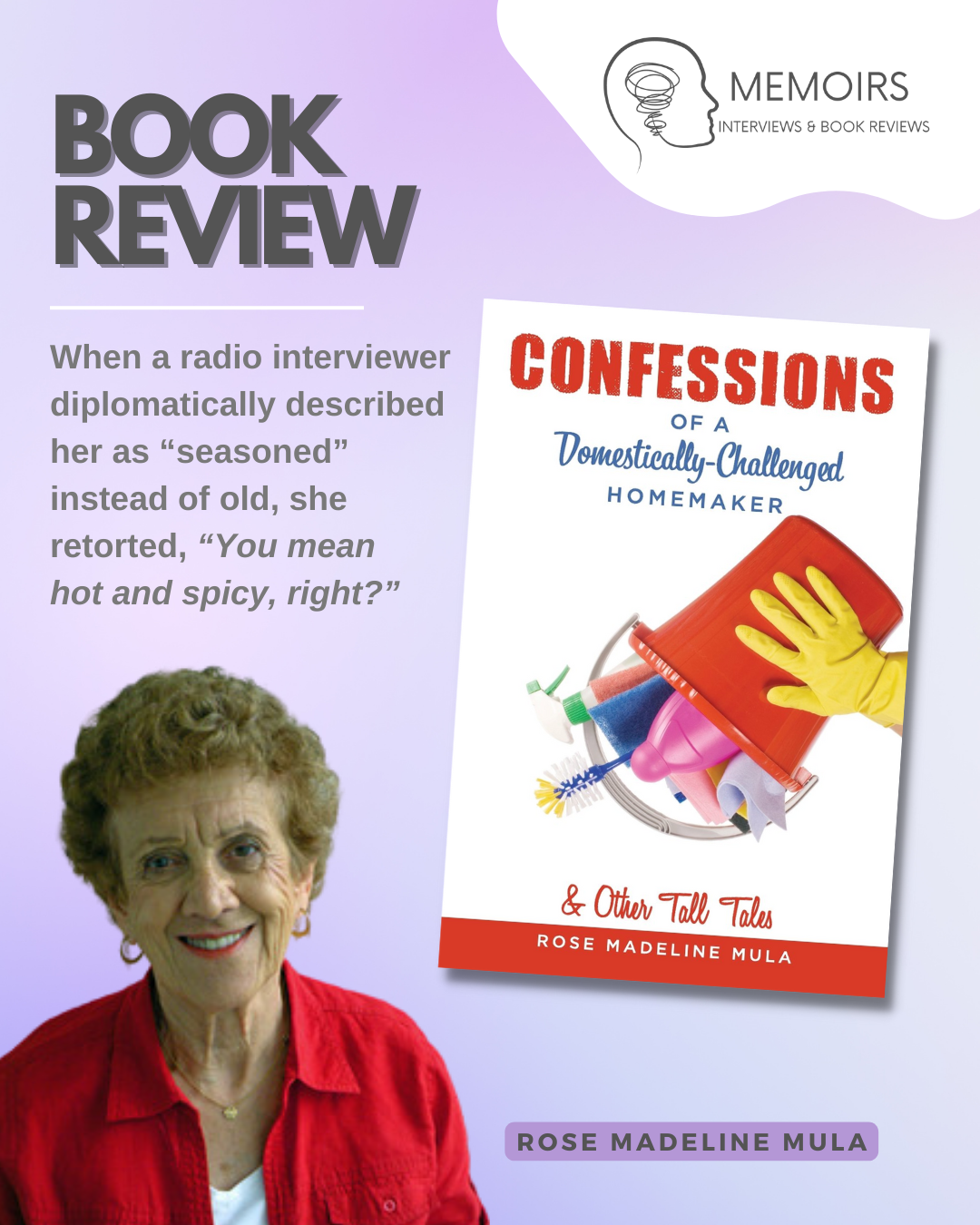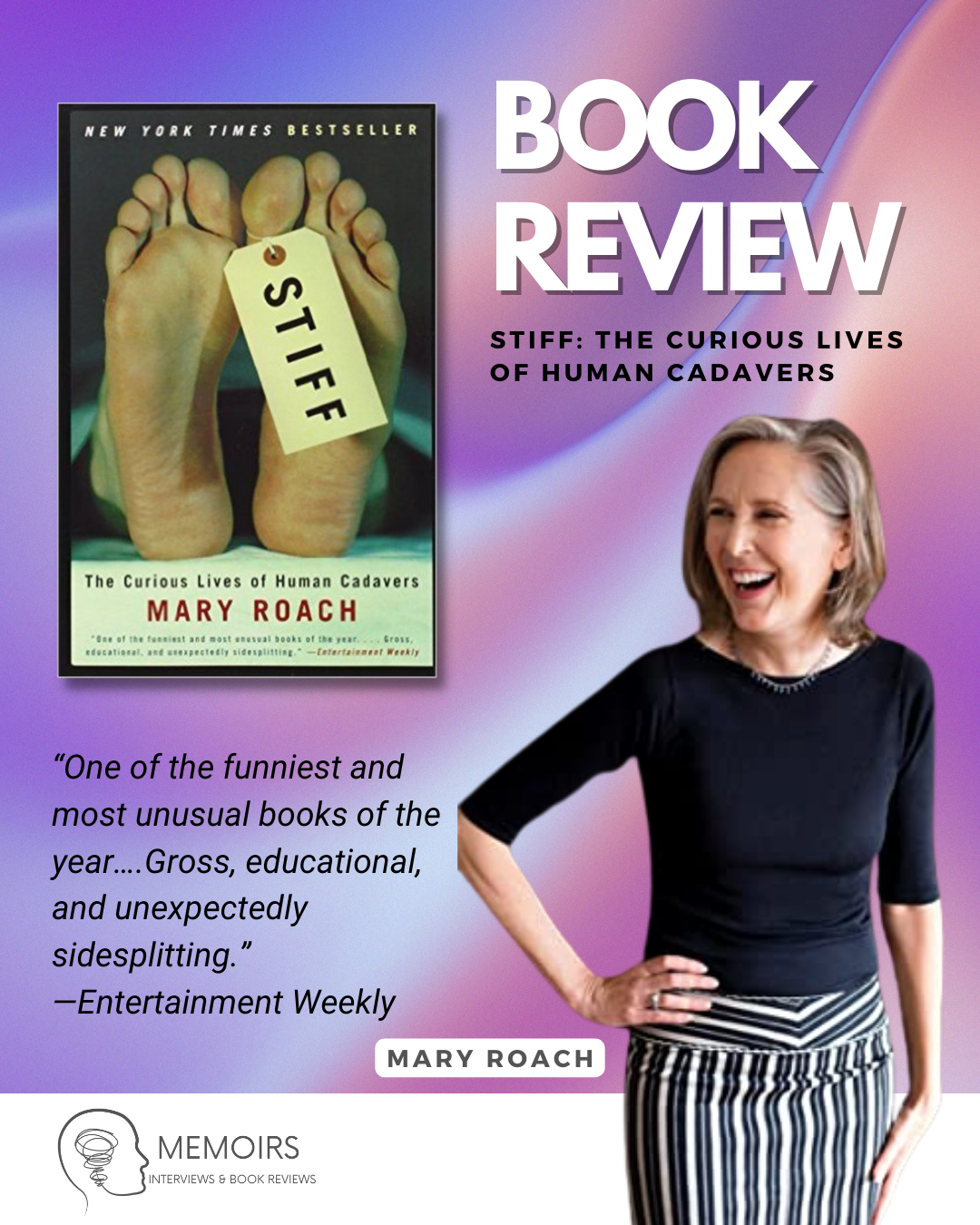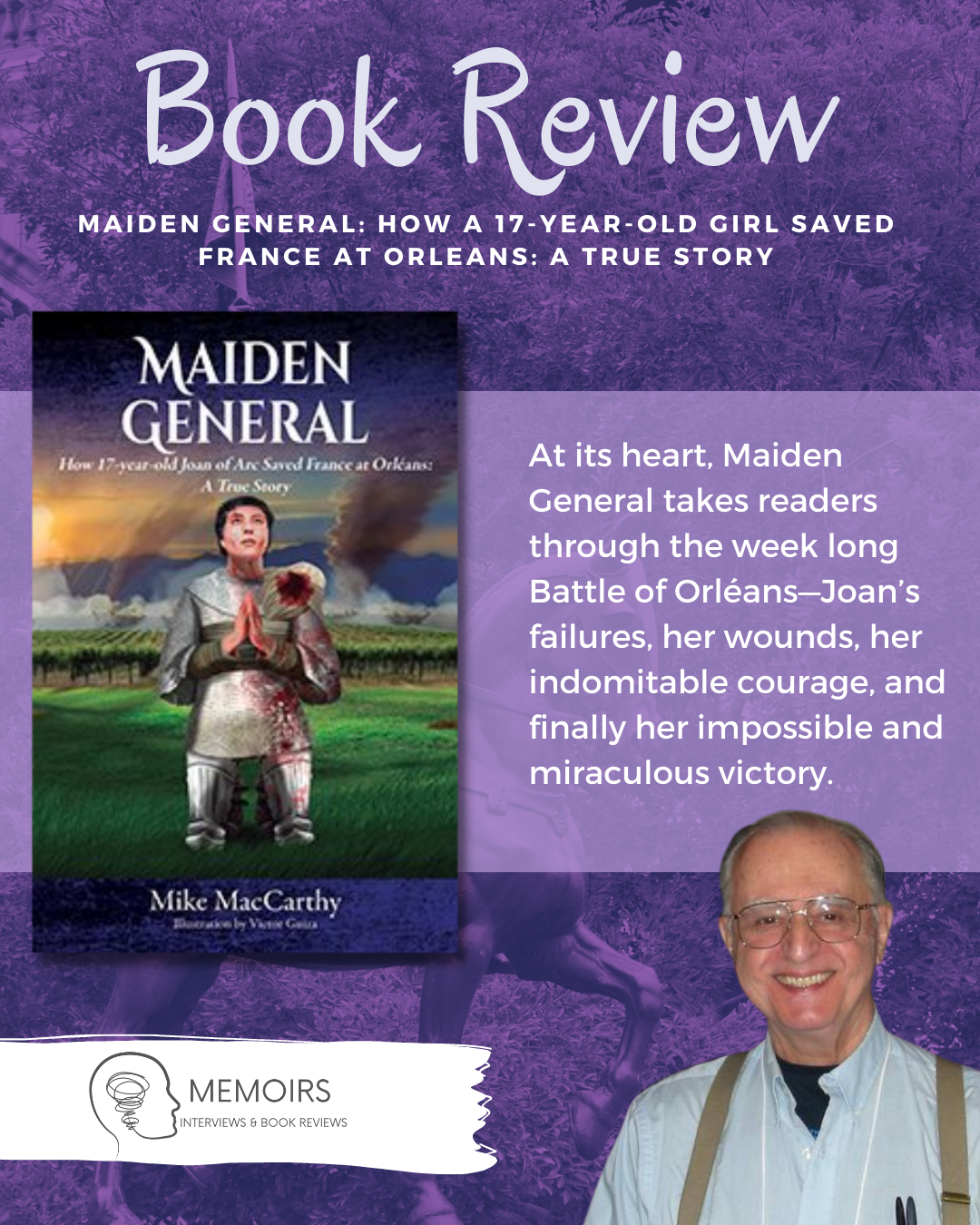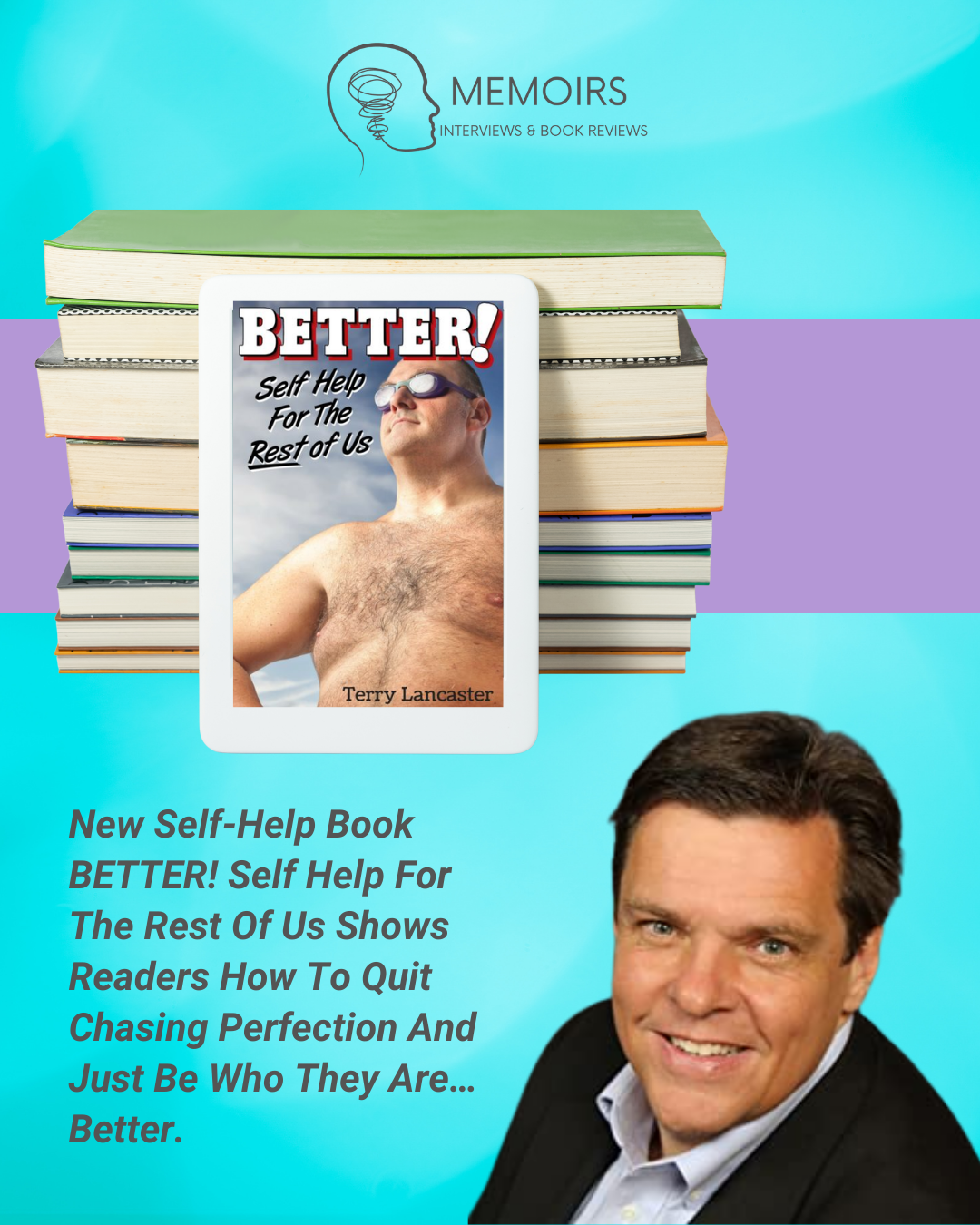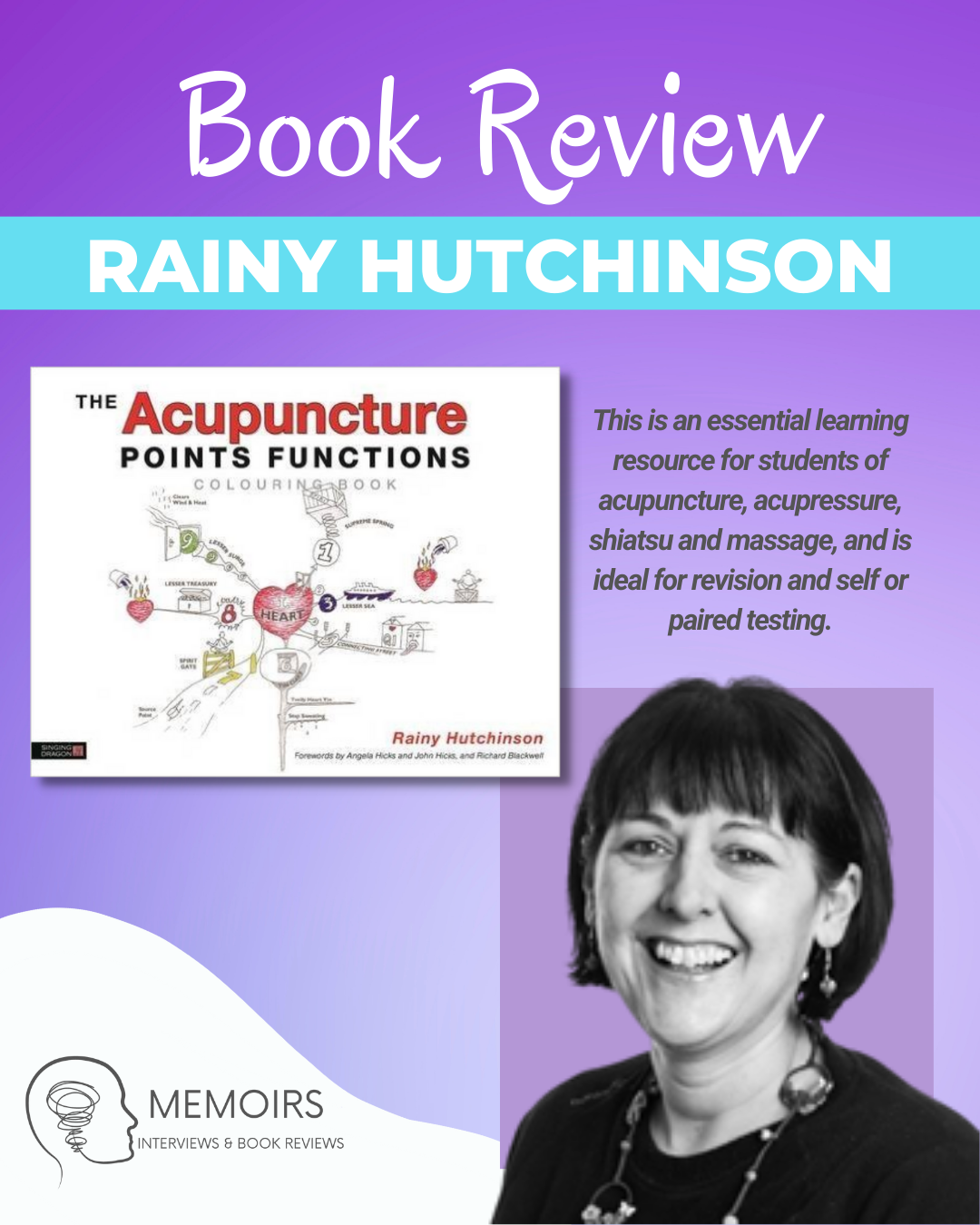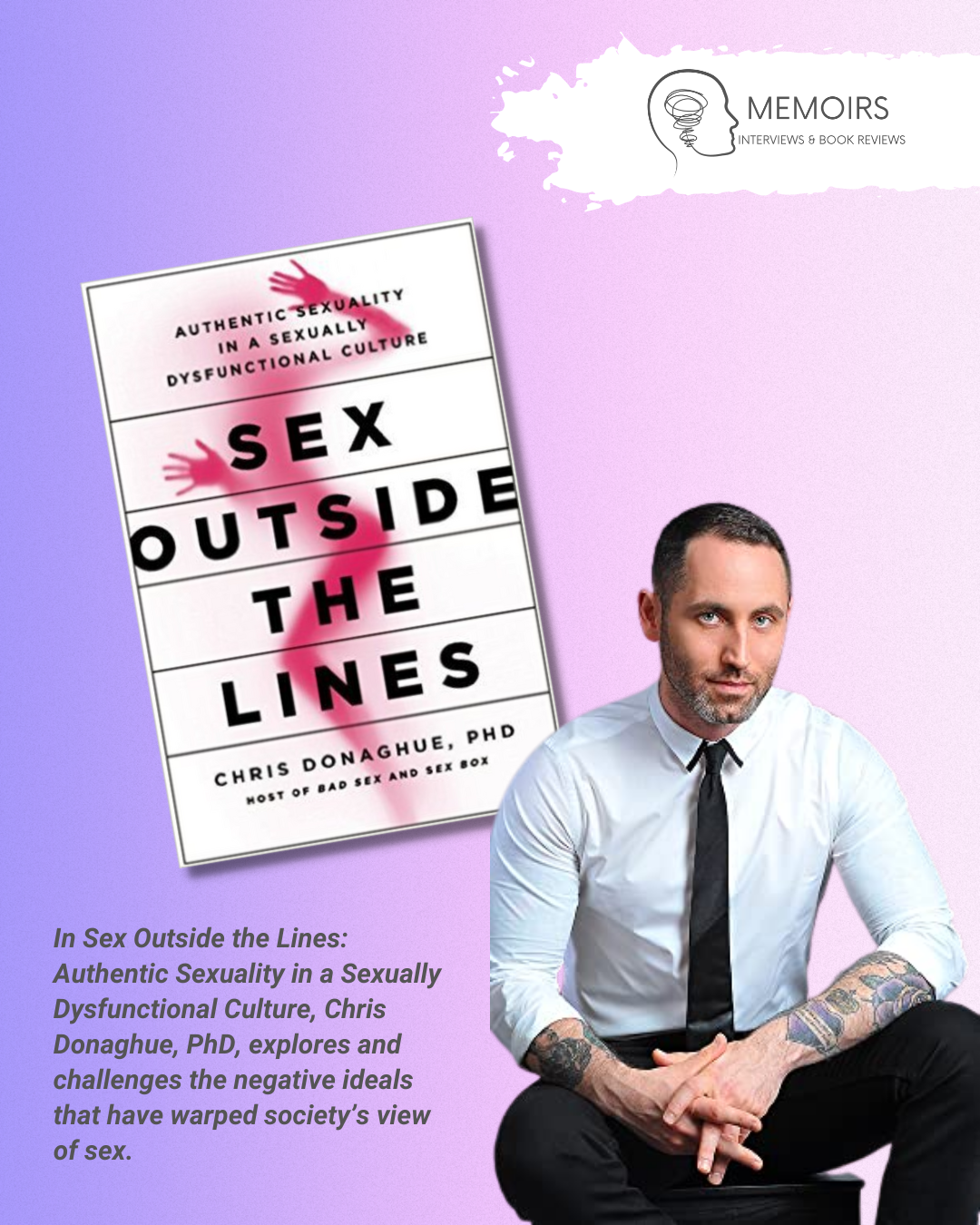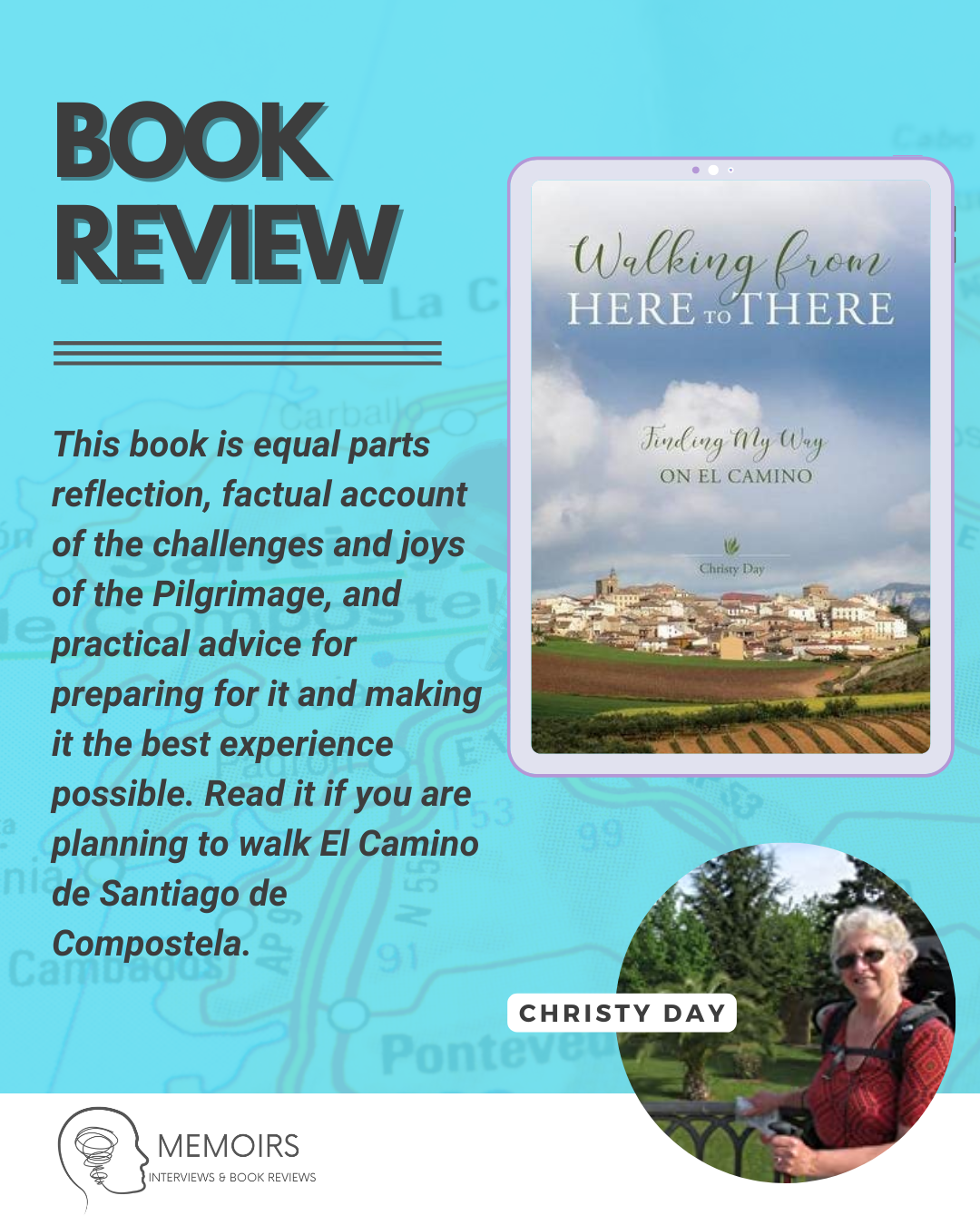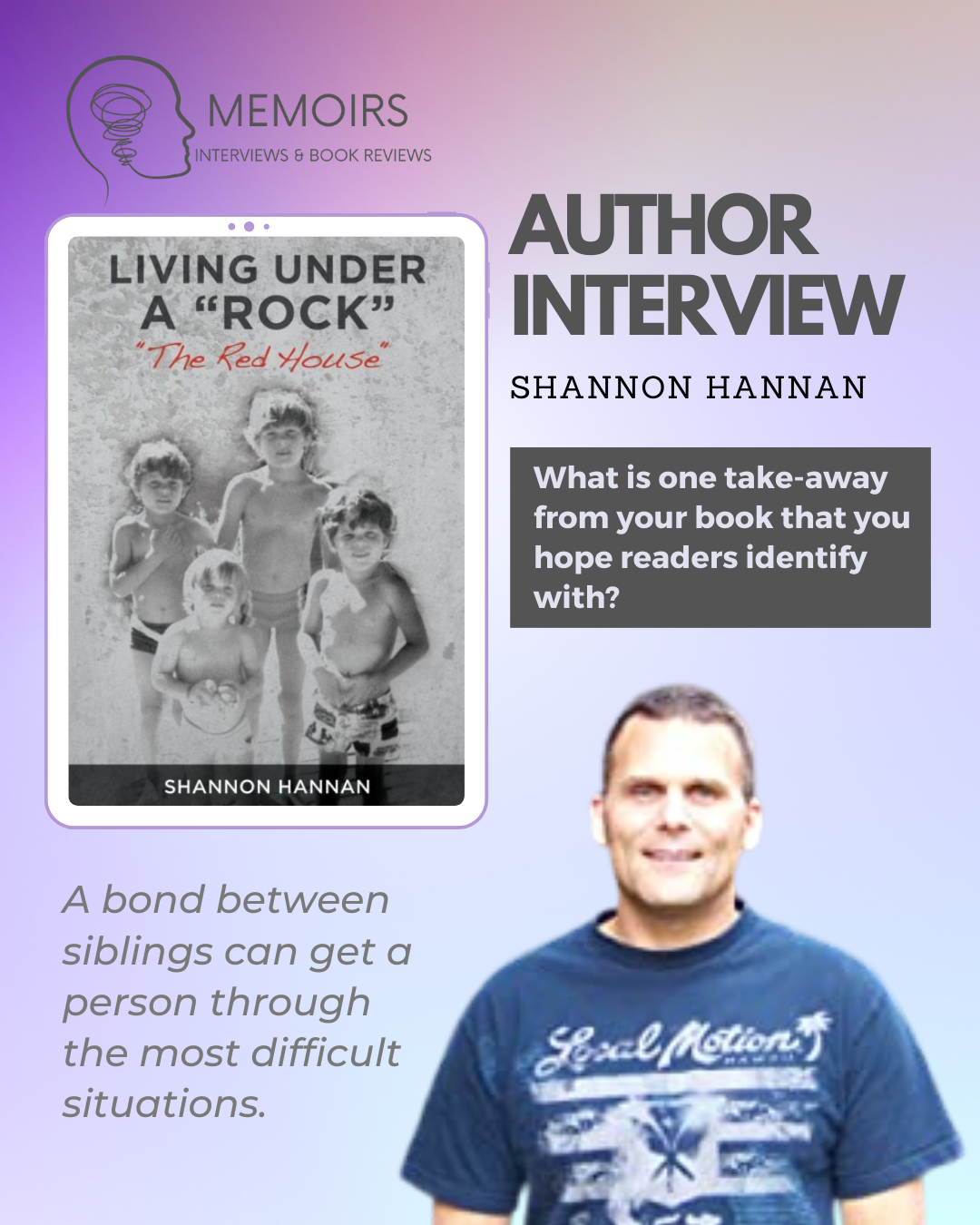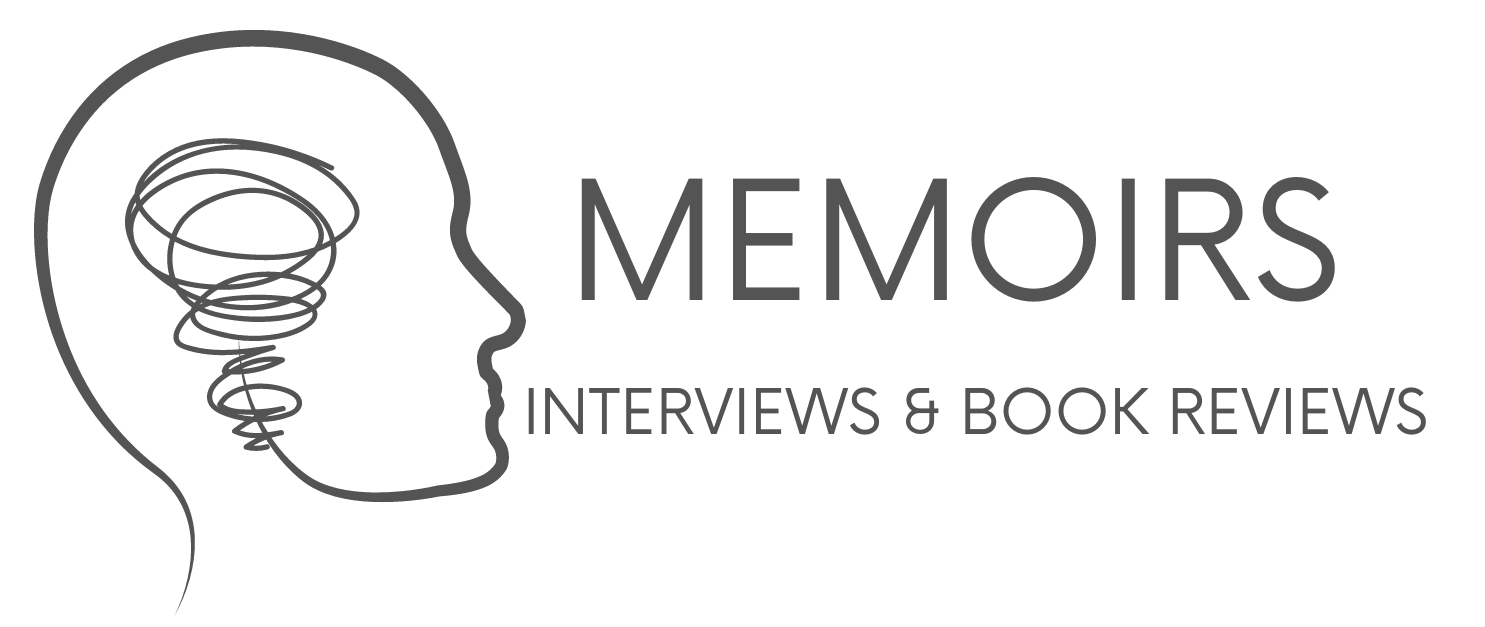James C. Vogelzang has authored two books: Doing HIS Time: Meditations and Prayers for Men and Women in Prison and Come and See: An Invitation to Reclaim Your Life’s Balance. For the past thirty years, James has dedicated his time to supporting those currently incarcerated to transition back into society, as well as those currently reentering society. He accomplishes some of this through the nonprofit organization, Doing HIS Time. His works have a common theme: assisting those in need, and helping people find their balance in life. In this interview, we’ve asked James some questions about his life, career, and inspirations along the way.
 Tell us a little about yourself, your background, work history.
Tell us a little about yourself, your background, work history.
I was born in Holland, Michigan and attended Holland Christian Schools and Calvin College, now Calvin University. Married my High School sweetheart, Mary Beth, who I first met in 7th grade homeroom, Mrs. Hoeksema’s class. Married now, 50 years with two grown daughters and two sensational grandchildren.
I started an Investment Management Sales and Marketing Company, called Vogelzang & Associates, Inc in 1984. Retired from that in 1999, to start Doing HIS Time Prison Ministry.
You started Doing HIS Time Prison Ministry in 1999, share a little about that organization.
Doing HIS Time (DHT), founded in Denver, Colorado in 1999, continues there to this day. I had had experience in prison ministry as a volunteer with Prison Fellowship from 1988–1996. Charles W founded Prison Fellowship. Colson, former Nixon White House hatchet man and Watergate conspirator.
DHT is a small, bodega-like operation. A bodega is a small corner grocery store, usually catering to the Hispanic community. A neighborhood place, unlike the big supermarkets. DHT is a small, one location place where people of all colors, creeds, gender identities or faiths (or no faith) receive acceptance and hope as they return to society from a period of incarceration inside a jail or prison in Colorado.
Our ministry called 72 Hour Fund provides the essentials to these men and women so that they can navigate back into society. We provide essentials like, clothes, shoes, work boots, hygiene items and assistance in reacquiring their birth certificates and other I.D. needed on the outside. 72 Hour Fund has assisted over 10,000 ex-offenders in Colorado in the last 10 years. And, while the recidivism rate in Colorado, (the rate of ex-offenders returning to prison with in three-five years) is 49.8% the average recidivism rate for men and women who come to DHT is 14%, lower for just women.
We published a prison devotional given to inmates, prison chaplains and prison ministries, worldwide.
The Devotional Ministry surrounds another book you wrote, a prison devotional, published in 2008, entitled, Doing HIS Time, Meditations and Prayers for Men and Women in Prison. Share a little about that book.
 The book is a daily devotional, called Doing HIS Time, Meditations and Prayers for Men and Women in Prison. This book was a direct result of a “nudging” from the Holy Spirit. I remember very clearly what came into my head during my morning devotions in late 1998. “Bring the Gospel of Jesus Christ to men and women in prison by writing a daily devotional using inmate slang, culture and anecdotal evidence as if you were in prison with them.” This mirrors Hebrew 13:3, where it says, “Remember those in prison, as if you were there yourself.”
The book is a daily devotional, called Doing HIS Time, Meditations and Prayers for Men and Women in Prison. This book was a direct result of a “nudging” from the Holy Spirit. I remember very clearly what came into my head during my morning devotions in late 1998. “Bring the Gospel of Jesus Christ to men and women in prison by writing a daily devotional using inmate slang, culture and anecdotal evidence as if you were in prison with them.” This mirrors Hebrew 13:3, where it says, “Remember those in prison, as if you were there yourself.”
My model became the 1961 book, Black Like Me by John Howard Griffin.
What sets your devotional apart from others in prison?
Well, what makes the book special for inmates is that they are reading about the Gospel in a language to which they can relate. The highest compliment I get from inmates writing about the book, is them asking me where I did my time. Meaning, where did I serve in prison?
But what really makes the book meaningful is not some clever writing or treatment the book has to offer. Surely, that may intrigue an inmate to pick up the book and read a few pages. But it is the power of the Word. The power of the love of God, expressed through Jesus that impacts the heart and soul of the reader. I like to say when I speak in prisons, that this devotional is to the Word of God what a Marlboro cigarette is to nicotine. Both are delivery systems. The cigarette delivers nicotine, while the devotional delivers the Word of God and the love of Jesus.
How has it been received?
Far better than we anticipated. Since publication in 2008, revision in 2014 and 2020, over 500,000 copies distributed into prisons in 50 countries and in 17 languages. For example, it has been translated into URDU, the language of Pakistan. 15,000 copies of the devotional are now in prisons and jails, in small villages that I would never been able to get to personally.
Let’s talk about your latest release, Come and See, An Invitation to Reclaim Your Life’s Balance. How did this book come about? What was the impetus for writing this book?
Like the prison devotional, Come and See is the result of a “nudge” from The Holy Spirit in March of 2020 as the Covid 19 lockdown in California began. During my morning devotions, I felt the impulse to write a book for women who suffer from emotional vertigo due to life being tough and hard. The commission was to offer and suggest that they consider the love of Jesus as a possible cure or antidote for the imbalance that hard life, poor choices or too much success has created in them.
The book uses the interactions Jesus had with three women in the Bible. The Samaritan Woman at the Well, The Woman with a Bleeding Disorder and the Woman Caught in Adultery.
This book is written for women who’ve lost their balance. You are a man, why do you feel qualified to write a book for women?
 I was surprised to feel tasked with writing a book for women. I do not feel particularly qualified to write a self-help book for women. If my intentions were to write a book telling women how to think, entitled, Five (5) Habits Every Women Must Master to Achieve Emotional Balance, I’d better have a Ph.D. in something.
I was surprised to feel tasked with writing a book for women. I do not feel particularly qualified to write a self-help book for women. If my intentions were to write a book telling women how to think, entitled, Five (5) Habits Every Women Must Master to Achieve Emotional Balance, I’d better have a Ph.D. in something.
But this book is absolutely NOT a self-help book that is telling women how to think. Women can think very well for themselves, thank you! The title of this book is Come and See… or Come and Think. What this book is about is to suggest, based on my background and experience, that women might wish to consider a radical, perhaps scary, and maybe even hackneyed proposition. That the love of Jesus is the cure for the emotional disequilibrium they are feeling.
As a vineyard owner, wine, and cigar lover, fly fisherman, world traveler, it is analogous to someone coming up to me and asking for a wine recommendation, Paris restaurant, best fishing guide and river to fish or to seek out my recommendations on Cuban cigars. Based on my 35 years of ministering to women in prison, being married for 50 years, having two grown daughters, and experiencing personal transformation of the love of Jesus myself, I can speak with some insight to the power of Jesus’ love and its power to transform the fundamental structure of the human heart.
You claim the love of Jesus is the antidote for emotional vertigo. Does this exclude all other world religions as a possible cure for women who feel emotional vertigo?
No, it does not. But like any complicated question, like this, there are not one-word answers. So the answer to that is complex and layered beyond a simple yes or no.
I have seen women and men in prison reach a level of peace and serenity when they embrace Islam. I have friends who swear that their lives have achieved greater stages of equanimity while practicing Transcendental Meditation or Yoga, for example.
The separation between Christianity, i.e., love of Jesus and other world religions as antidotes for emotional vertigo lies in how each world view responds to the questions of guilt and dying.
Guilt is more than a feeling. Ask anyone in prison today. They will confirm that their guilt, although felt, is objective truth in that it has resulted in their being convicted and incarcerated. Women who have done certain things and seem unable to escape the clutches of those actions, like the women in the book, do not find that Islam, Buddhism, Atheism, or other practices provide the same level of assurance, forgiveness, and freedom from guilt that the love of Jesus, Christianity offers.
As stated in the book, Jesus offers Grace. Grace, an unearned gift, not bought, bartered, bullied, or bargained for. It states that by accepting Jesus as Lord, bending a knee in surrender to His Lordship in your life, provides immediate, total, and complete forgiveness for all the actions in your life, now and in the future.
Grace changes the playing field. While all other world religions subscribe to the notion that forgiveness can be earned, it always involved the person doing, achieving, striving, and earning it themselves. This solution of other world views is fraught with problems.
Myriad problems for those women who are terrific achievers and for those women who are rule breakers, not rule followers. Rule followers hit the achievement marks. But they succumb to pride and haughtiness, most often looking down their nose at those of us who are rule breakers. For the rule breakers, the constant need for perfection and the constant failure to achieve perfection will soon result in frustration, anger, and despair at not being good enough.
When Jesus says Grace is the free gift, it brings a peace to both camps. Christianity and love of Jesus also provide balance in the area of dying and death. In other religions, life reincarnates, again based on quality of your life’s works. Some deny death and simply teach indifference to it. Others offer no real hope at all for those of us who have difficult and colorful pasts.
The love of Jesus says that salvation is assured, not based on works, but on faith in Jesus. No add-ons, no catches, full stop. (John 3:16)
Is there a ONE message in your book that you want readers to grasp?
Yes, that through the forgiveness and grace and love of Jesus, an authentic cure for life’s imbalance is available.
Is there anything you find particularly challenging in your writing?
Re-writing the original, wordy manuscript over and over is the hardest aspect of writing for me. Supreme Court Justice Lewis Brandeis said, “There is no great writing, only great rewriting.” I have found this to be profoundly accurate. Absolutely required discipline is to create tight and cogent paragraphs and chapters, however. So, it is a discipline, a self-constraint. Many authors, including myself, would like to write something, consider it perfect and move on to the next episode. The hard part is to pull back on the reins of ego and admit that first drafts, even second or third, can be improved with careful consideration and editing.
Like great art, it is often what is left off the canvas, the page, that makes the writing exquisite. But it is very hard work, both mentally, emotionally, and physically. Going over a paragraph or section for days, is tedious, and feels like a refiner’s fire. Which, in the end, so it is. The finished product is purer and far better than the original writing.
How long did it take to complete your first book?
Eight years. I began writing the prison devotional in 2000 and it was first published in 2008. The difficulty was my inexperience as a writer and the combination of getting both the theology right and the prison context, i.e., the slang and situational ethos, accurately portrayed.
Did you have an author who inspired you to become a writer?
No, I did not have any template or author mentor in mind when I began writing in 2000. However, my model for the style of the book took inspiration from the 1961 book, Black Like Me by John Howard Griffin.
What is your favorite part of the writing process?
The favorite part of writing for me is the pure anticipation and joy of sitting down at my computer and seeing a blank page. Because this is a canvas for me to paint. To create a page of thoughts, impressions, and the relishing the choosing and dissection of the words I get to use to accomplish that goal. So in short, the creative process.
Describe your latest book in 4 words.
A labor of love.
Can you share a little bit about your current work or what is in the future for your writing?
Currently, I have no other books on the horizon. But, that may change at any time.
